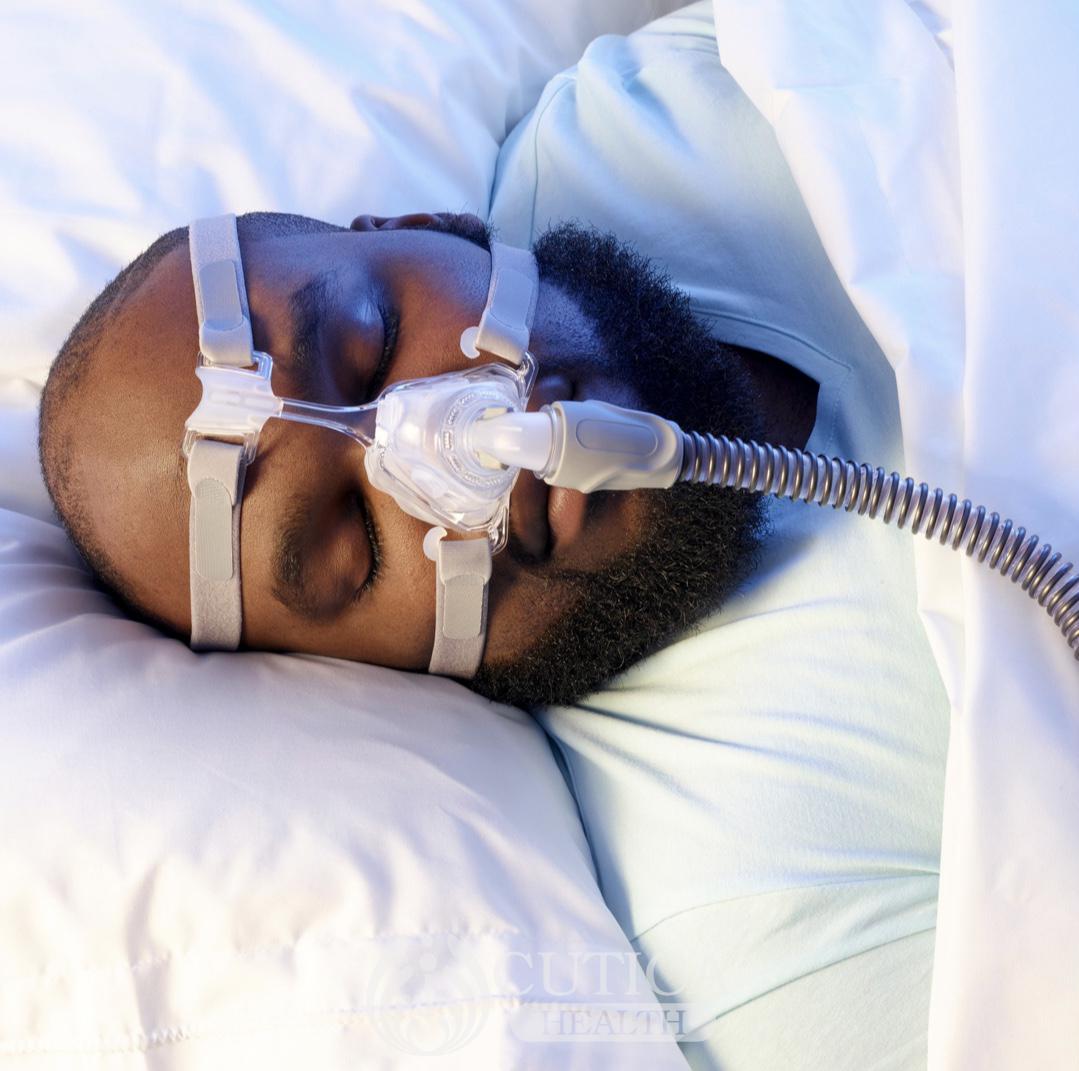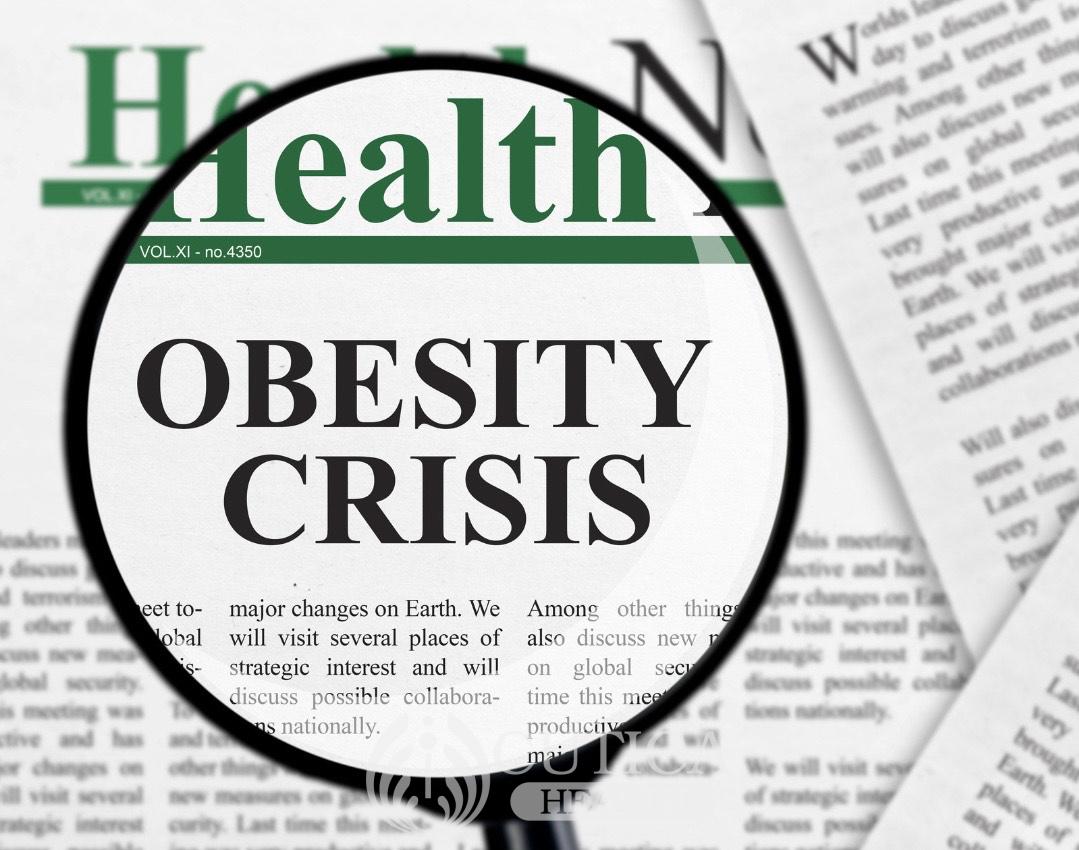
Hi Yohana, why are you looking this stressed? Are you back to your workaholic tendencies? Thanks Cirus, on the contrary, I have changed my ways and I do my best to catch a good sleep, but I keep waking up now and again and wake up completely exasperated. It’s really frustrating—I think it’s high time I saw my doctor! I think so too, Citrus said
Our bodies are the most complex computers, capable of unimaginable mental and physical feats depending on training. We know we can go very far pushing it and also know from experience that we often overdo it with enough excuses to get by: the tight schedules, the meetings, the deadlines, and all such. You experience a breakdown, a burnout and other system recovery mechanisms. Then we rest and viola, all we need is a good night sleep to feel pumped up again.
Thus is the cycle for the average busy folk—but not everyone can catch this good night rest. For these people, the problem is that the harder they try, the more exhausted they feel in the morning. They are now a shadow their bubbly vibrant personalities. The days are now boring with little or no energy to move on and there awaits the dreary nights with little rest achieved, despite their best efforts!
If you find that you experience this on most nights, you are not alone; you suffer from what medical experts call sleep apnea. Sleep apnea, a potentially serious medical condition, is a sleep disorder in which breathing repeatedly stops and starts. Yes it is as scary as it sounds; your breathing actually starts and stops during sleep, making sleep apnea a potentially serious medical condition.

Why does my breathing stop and start repeatedly during sleep?
There are three main explanations for this queer medical condition. The first and commonest explanation is that your throat muscles and the tissues around your throat relax while you are asleep, blocking the airway. As a result, your breathing stops and then restarts and you are up and going again. The second reason is that your brain fails to send necessary signals to the muscles that control breathing. This signal failure makes your breathing to stop and then restart.
How do I know that I suffer from sleep apnea?
You can self-identify these symptoms or seek the help of close relatives:
- Snoring—especially the loud type!
- Difficulty falling or staying asleep, also called insomnia
- A nagging morning headache
- Difficulty concentrating or paying attention in the morning
- Suddenly waking up and gasping for air
- Someone reports that you breathing intermittently during sleep
- You often wake up with a dry mouth
- Lack of energy and excessive daytime sleepiness

What increases my risk of sleep apnea; is it my fault? Some of the risk factors of this condition include:
- You either inherited a narrow airway or your tonsils got enlarged to compromise your airway
- A thick neck. Yes! People with thick necks stand a greater risk of suffering from sleep apnea.
- Smoking and alcohol consumption
- Being obese or overweight with greater fat deposits around your neck
- Just being male! Being male increases your risk by two or three times
- A family history of sleep apnea increases your risk of it
- Some medications like sedatives and tranquilizers make it easier for your airways to collapse when sleeping if you have other risk factors

If you experience any of these symptoms or may have any of these risk factors, it may be time to seek help. Sleep apnea is treatable if detected early. Sleep apnea is a potentially serious medical condition. Not only does it rob you of the needed sleep, it could make you rather unproductive during the day. See your healthcare provider if you think you suffer from sleep apnea.












